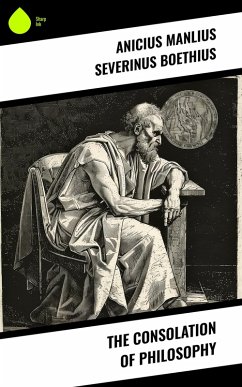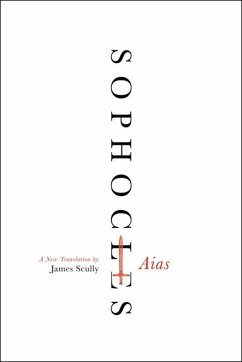In "The Consolation of Philosophy," Anicius Manlius Severinus Boethius crafts a profound exploration of philosophical thought amidst personal despair. Written during his imprisonment and reflecting his imminent execution, the text is structured as a dialogue between the author and Philosophy, personified as a comforting figure. Boethius employs a blend of prose and poetry, integrating Classical ideas from Plato and Aristotle with Christian themes, thereby bridging pagan philosophy with emerging medieval thought. The work examines the nature of happiness, the problem of fate versus free will, and the transient nature of fortune, encapsulating the tension between human suffering and the quest for enduring wisdom. Boethius, a Roman philosopher and statesman, was deeply influenced by the political upheaval surrounding him in the early 6th century, leading to his wrongful imprisonment. His background as a scholar of both philosophy and theology, combined with a personal crisis of fortune, catalyzed the creation of this work. "The Consolation of Philosophy" not only reflects his erudition but also serves as a testament to the resilience of the human spirit in times of adversity. Readers will find that "The Consolation of Philosophy" transcends historical context, offering timeless insights into the struggles of the human condition. It is a quintessential read for anyone seeking solace or clarity in times of distress, making it an essential addition to both philosophical and literary studies.
Dieser Download kann aus rechtlichen Gründen nur mit Rechnungsadresse in A, B, BG, CZ, D, DK, EW, FIN, F, GR, HR, H, IRL, I, LT, L, LR, M, NL, PL, P, R, S, SLO, SK ausgeliefert werden.









